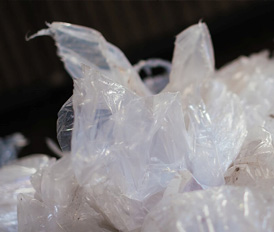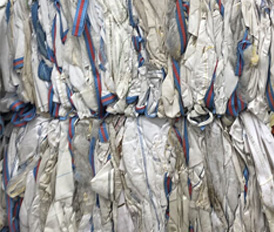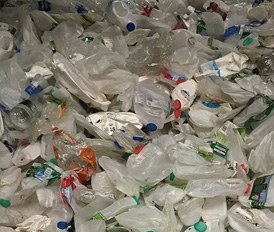Navigating the Current Challenges in European Plastic Recycling
by George Kiernan
Pakire Polymers News
The European plastic recycling sector is facing a number of challenges, according to the Bureau of International Recycling (BIR). It’s a unique time, with a complex combination of factors like lower demand, declining prices, and cheaper virgin materials, amid broader economic uncertainties affecting the sector. This doesn’t paint the entire picture, however, as the market also showcases resilience, innovative responses, and promising developments in certain regions.
In the UK, a gradual price decline has been observed for certain grades of plastic, though prices remain sturdy for High-Density Polyethylene (HDPE). Notably, the packaging recovery note (PRN) price, consistently high and averaging around £300 in 2023, has been a strong pillar of support for UK plastic recyclers.
Regional Outlook of Global Plastic Recycling
The BIR’s latest report provides updates from around the globe, including regions like China, Eastern Europe, the Netherlands, Spain, the Middle East, and the USA. Each of these regions presents its own unique set of circumstances.
Henk Alssema, the chair of the division from the Dutch company Vita Plastics, commented, “The European market for recycled plastic remains under severe pressure. Despite the fact that we are not yet in a major recession, all sides are feeling the strain.” He highlighted the significant drop in consumers’ purchasing power and warned of possible production cutbacks. Yet, Alssema also brought attention to a glimmer of hope, stating that “expectations are that we have bottomed out.”
Pockets of Positive Growth in European Plastic Recycling
Spain has shown a more positive trajectory, with the expectation of continuous growth in plastic recycling capacity. This growth is backed by a €300 million economic stimulus plan targeted at “strategic industries towards the development of a circular economy”. In addition to this, several legislative advancements, such as a tax on single-use plastics and end-of-waste status for recycled plastic materials, are aiding in market growth.
However, this optimistic sentiment does not extend across the rest of Europe. The Eastern European market in particular is dealing with a significant reduction in household waste volumes. Despite these challenges, recyclers remain focused on finding new ways to stimulate demand.
A Global Perspective on Recycling
The global market reflects this challenging scenario. Sally Houghton from the Plastic Recycling Corporation of California noted a gradual decline in demand for all recyclables. She expressed hope that warmer weather might lead to higher consumption rates. However, the reality of competitive Asian export prices is leading to reduced operating hours and work.
In China, demand for recycled pellets has slowed, with the abundance of recycled materials both domestically and from Southeast Asian countries negatively impacting the market. Factories in the Western and developing world are adjusting their operations accordingly, either reducing production or suspending operations.
The Pakire Perspective
Looking at the situation, those of us here at Pakire Polymers believe this challenging landscape presents an opportunity for progress. We see this as the perfect moment for the European Union and the governments of member states to double down in their commitment to bolstering the recycling sector.
They should focus more than ever on creating all the necessary requirements and incentives for individuals and businesses alike to recycle as much of their waste as possible. They should also cut away as much of the unnecessary red tape hindering recyclers as possible. To create an effective recycling industry that is fit for purpose now and long into the future, making it both readily accessible and economically viable is paramount.
We see no other possible course of action if the EU is to even come close to meeting the targets set by the Circular Economy Action Plan and European Green Deal. With collaborative effort and the right strategic moves, the challenges facing the sector can be overcome and used as an opportunity to further protect the environment from plastic pollution. Thus, while these are demanding times for the European plastic recycling industry, with coordinated action, there’s room for hope and significant progress.
Share article on your social media
More related articles
Work with Us
If you have a passion for recycling and for achieving a sustainable future, then we want to hear from you.





